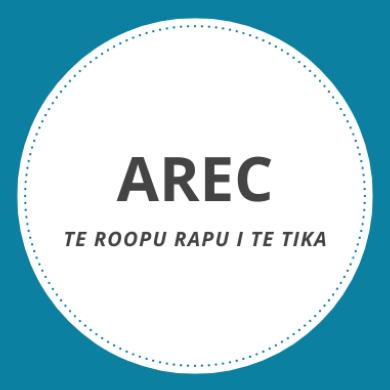Responsiveness to Māori
The Aotearoa Research Ethics Committee, like the former New Zealand Ethics Committee, seeks to practice and model how to uphold the principles of Te Tiriti o Waitangi in its structure, and when it reviews applications. Our structure has strong Māori representation on the committee, and it is led, where possible, by Māori. To this end, the current and previous two Committee Chairs have been Māori, and one of the founding members, and the committee’s guide in these matters, the late Dr Barry Smith QSM (Te Rarawa, Ngāti Kahu), was at the centre of Māori research ethics.
When the committee reviews an application for research involving Māori, members discuss whether the research project is guided by the principles developed ‘by Māori’, about researching ‘with Māori, for Māori’. We believe the most comprehensive guide so far is Te Ara Tika, Guidelines for Māori research ethics: A framework for researchers and ethics committee members. Reflecting on the guidance in Te Ara Tika helps researchers ensure that their research projects will support Māori, iwi and hapū rangatiratanga, typically, but not always, by ensuring the project abides by the principles of kaupapa Māori research methodology. Te Ara Tika is one of the two documents that provide AREC with its principles of review (the other being the Royal Society’s code of conduct).
